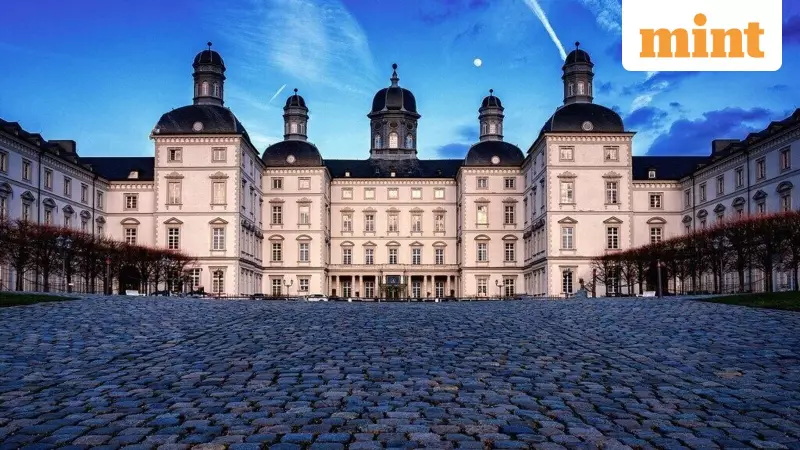
In a surprising turn for the global hospitality sector, luxury hotels are experiencing an unprecedented boom. Despite charging record-high room rates, demand for exclusive oceanside resorts, mountaintop inns, and grand city-center hotels continues to surge, fueled by affluent travelers who are spending with remarkable abandon.
The Great Divide: Luxury vs. The Rest
The economic polarization in countries like the United States is starkly visible in the lodging business. The average daily room rate for a luxury hotel in the U.S. has hit a record $394 this year. This is a staggering $168 more than the average cost in the next-priciest tier. This gap has been widening since 2008 when the difference was just $60, but it has expanded sharply in recent years to become the largest ever recorded.
This trend defies broader economic headwinds, including a drop-off in foreign tourists to the U.S. and a job slump among white-collar workers. The resilience is powered by affluent travelers who have seen their wealth grow significantly from stock-market rallies and real-estate gains.
Unshakable Demand and Industry Expansion
Bookings for luxury properties were up 2.5% this year through September, according to data from CoStar. In contrast, demand for lower-scale and mid-tier hotels was slightly lower for the same period. This seemingly unshakable demand is prompting high-end hoteliers to expand aggressively.
Montage International, which owns 15 hotels under the Montage and Pendry brands, plans to double in size over the next three to five years, according to its CEO, Alan Fuerstman. While much of this expansion will happen overseas, the company expects most of its guests will be American. The company's revenue is up 8% year-over-year, and groups are already booking travel for 2026 at a stronger pace than in previous years.
The Rise of the 'Ultraluxury' Tier
The price gains are even steeper at the very top of the luxury ladder. Jan Freitag, national director for hospitality-market analytics at CoStar, identifies an 'ultraluxury' segment comprising the ten most expensive hotels in major markets worldwide. The daily room rate for these properties is often more than double that of a typical luxury hotel.
For instance, in Paris, while a standard luxury room runs nearly $1,000 a night, the average price at the most expensive hotels is $2,600. In New York, ultraluxury hotels command $1,560 per night, compared to the average luxury-room rate of $472.
Albert Herrera, an executive vice president at Internova Travel Group, summed up the sentiment: "Thank God for luxury and ultraluxury. That's what's keeping our business thriving." Having already accumulated material possessions like fancy cars and watches, wealthy Americans are now prioritizing experiences, especially travel. Multigenerational trips are more popular than ever, with grandparents often footing the bill for large accommodations like villas or yachts.
While global economic uncertainty and trade policy have started to pressure profitability for some international luxury hotel groups, the U.S. market is bucking this trend. The commitment to exceptional service remains a key driver. As Simon Casson, CEO of Corinthia Hotels, noted, employees who anticipate needs and go the extra mile directly translate into the premium rates these establishments can charge.






